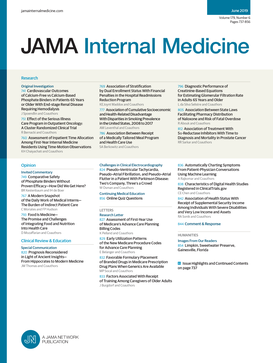Headline
Randomized controlled trial shows that a collaborative dementia care model leads to reduction in costs among a sample of Medicare patients.
Context
Collaborative dementia care models have emerged as a promising practice to improve health outcomes and quality of life for both persons living with dementia (PWLD) and their caregivers. These models use interdisciplinary care teams to address the health and social needs of patients and their caregivers, often through both telehealth and in-person supports. While some research has indicated that collaborative dementia care models can reduce overall patient costs, these studies have mostly examined small sample sizes. This study adds to this evidence-base by assessing the impact of enrollment in the Care Ecosystem model on patients’ health care costs.
Findings
In a study with 460 Medicare fee-for-service patient and caregiver dyads with randomly assigned to control or treatment groups, enrollment in the Care Ecosystem model demonstrated significant cost savings. Patients exhibited a $3,290 reduction in health care costs within one to six months post-enrollment, followed by a $3,027 reduction from seven to 12 months post-enrollment. On average, this translated to a monthly per-patient spending decrease of $526. Patients with more severe dementia, a history of frequent emergency department visits, and caregivers reporting symptoms of depression, exhibited greater levels of cost reduction. To ensure the robustness of these findings, the authors used advanced statistical methods to adjust for statistical outliers and patient demographics.
These findings built on a prior analysis of the same dataset, which indicated that the Care Ecosystem model led to improved patient quality of life, reduced emergency department use, reduced caregiver depression and caregiver burden, and reduced use of potentially inappropriate medications.
Takeaways
This study provides robust evidence supporting the effectiveness of the Care Ecosystem model, contributing to the growing body of evidence on collaborative dementia care models. With a monthly program cost estimated between $86 to $105, the study demonstrates substantial reductions in total cost of care. Additionally, the variation in reductions in spending across different patients may aid health systems and health plans in prioritizing patients for this care model. Medicare’s recently introduced Guiding an Improved Dementia Experience (GUIDE) model intends to encourage greater uptake of collaborative dementia care model, adding to the relevance of these findings.

